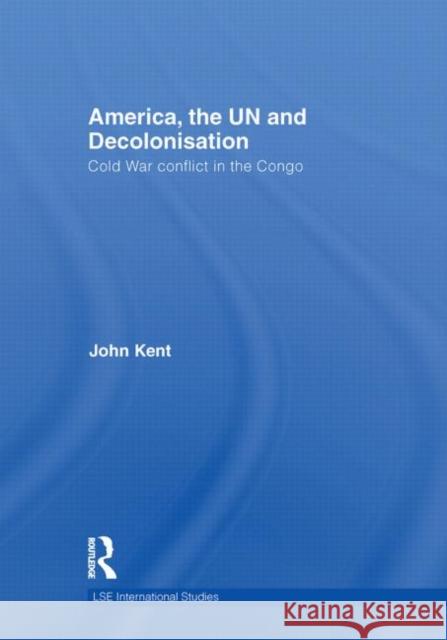America, the UN and Decolonisation : Cold War Conflict in the Congo » książka
America, the UN and Decolonisation : Cold War Conflict in the Congo
ISBN-13: 9780415464147 / Angielski / Twarda / 2010 / 256 str.
This text shows how the preservation of the existing economic and social order in the Congo was a key element in the decolonization process and the fighting of the Cold War.
This book analyses how US Cold War requirements affected and were affected by the obstacles to viable new state formation in Africa within the Western international order. It examines the need of European interests to perpetuate western capitalist order, which was both supported and opposed by the US government at different times depending on the threats to them. It argues that the Cold War strategy of reacting to the Soviets was an easy option for the American to justify its policies, rather than having to explain pro-active US efforts to build democratic states within their own ideological order.
Focussing on the Congo, this book examines the role of the UN in conflict resolution at the start of the 1960s and its relation to the Cold War. It links the international aspects of British, Belgian, Angolan and Central African Federation involvement with the roles of the US and UN in order to understand how supplies to and profits from the Congo were producing growing African problems. Overall, the book shows how the preservation of the existing economic and social order in the Congo was a key element in the decolonisation process and the fighting of the Cold War.
This book will be of much interest to students of US foreign policy, the UN, Cold War history and international history in general.











